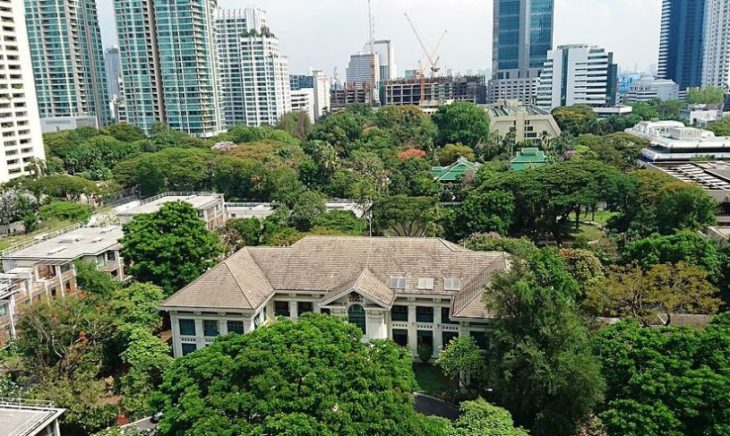A major point of contention for many foreigners wishing to take up a more permanent residence or invest in Thailand are the real estate laws here. While foreigners can own free-hold condominiums in Thailand, it is very difficult for most non-Thai nationals to own land outright, with the one exception requiring a considerable investment. As a possible alternative, some look to executing usufructs or superficies.
Usu-what? Usufructs
A usufruct allows the grantee (aka “usufructuary”) the right to use or enjoy the advantages of another’s property provided that the grantee must take as much reasonable care of the property as the owner would take himself. The grantee receives the right to use, develop, or build on the land for the term of the usufruct, but not the right to sell or consume the land. The grantee may also lease out the land if it is not otherwise restricted, but it is important to note that foreigners are restricted from leasing land long term (i.e. acting as a lessor) and so must limit any lease contracts to no more than 3 years.
The grantee does not own or have any title to the land. Nevertheless, during the term of usufruct, while the usufructuary may not transfer the right of usufruct, he can transfer the exercise of his right under the usufruct to another person. At the end of the usufruct, the grantee must return the land in a reasonable condition, and, unless otherwise stipulated, any structures built on the land transfers to the original landowner too.
In Thailand, the term of a usufruct can be for either 30 years or the lifetime of a person or persons (the usufructuary). A usufruct expires at the death of the grantee, but not the landowner. There are very specific conditions where a usufruct might continue after the death of the grantee (thereby a successor), but you need to consult an attorney to ensure the exercise of the right as been properly assigned and quite frankly this has yet to be tested in a court of law.
Finally, the usufruct does not prevent sale of the property by the owner, but sale of the property does not terminate the usufruct nor the rights of the usufructuary. This is because (unlike a lease) the usufruct is not a contractual right but a real (property) right registered as a servitude against the property itself. Therefore, any new owner automatically takes the property subject to and including the right of usufruct.
Super-who? Superficies
Those who plan on developing or building on a piece of land and who want to own their structures may consider superficies.
Superficies allows the grantee (aka superficiary) the right to occupy the land and to own, through legal title, the structures that the grantee builds on the land during the superficies term. It legally splits ownership over the building and the land. The right of superficies can be registered as a separate right or in combination with a land lease. Normally superficies is used by someone who acquires a lease interest in titled land and uses the land for the construction of a building. Once a superficies expires the grantee can sell or take any structures they built as long as they leave the land in its original condition.
The term of a superficies is renewable and can be for either a) thirty years, b) the lifetime of the landowner, or c) the lifetime of the superficiary. Unlike the usufruct, superficies are inheritable.
What to do?
With the differences between usufructs and superficies nuanced and perhaps not all that clear, as well as other complexities that one should consider before deciding which strategy to pursue, contact the team at GPS Legal. We are well versed in foreign investment and Thai real estate law and can help you understand your options. Schedule a consultation with us today to find out how we can help you.




